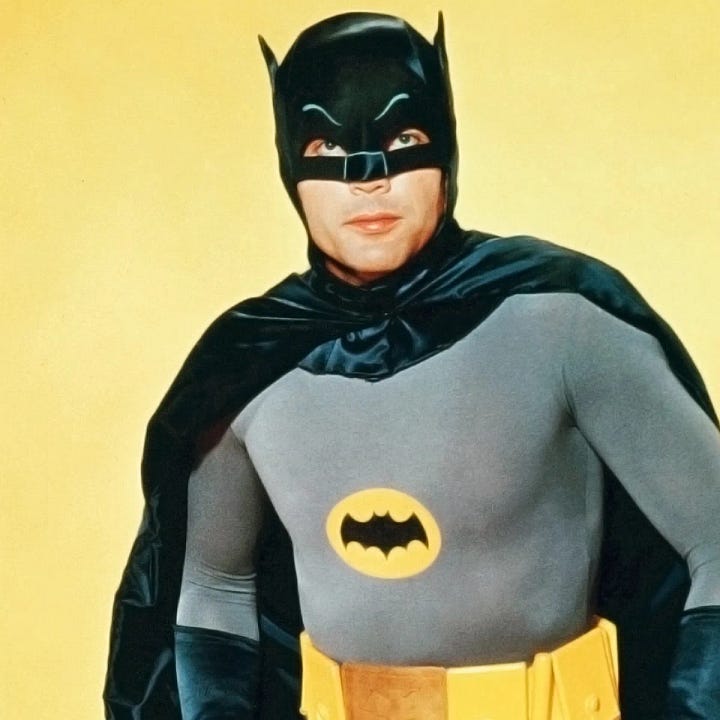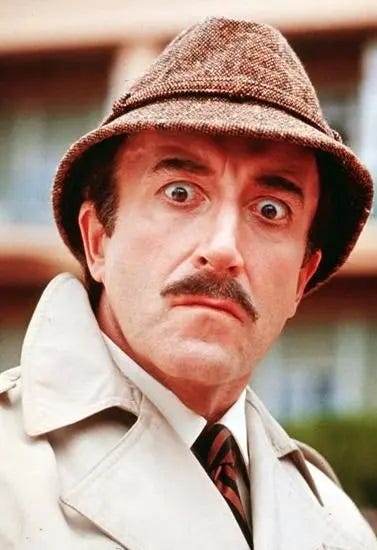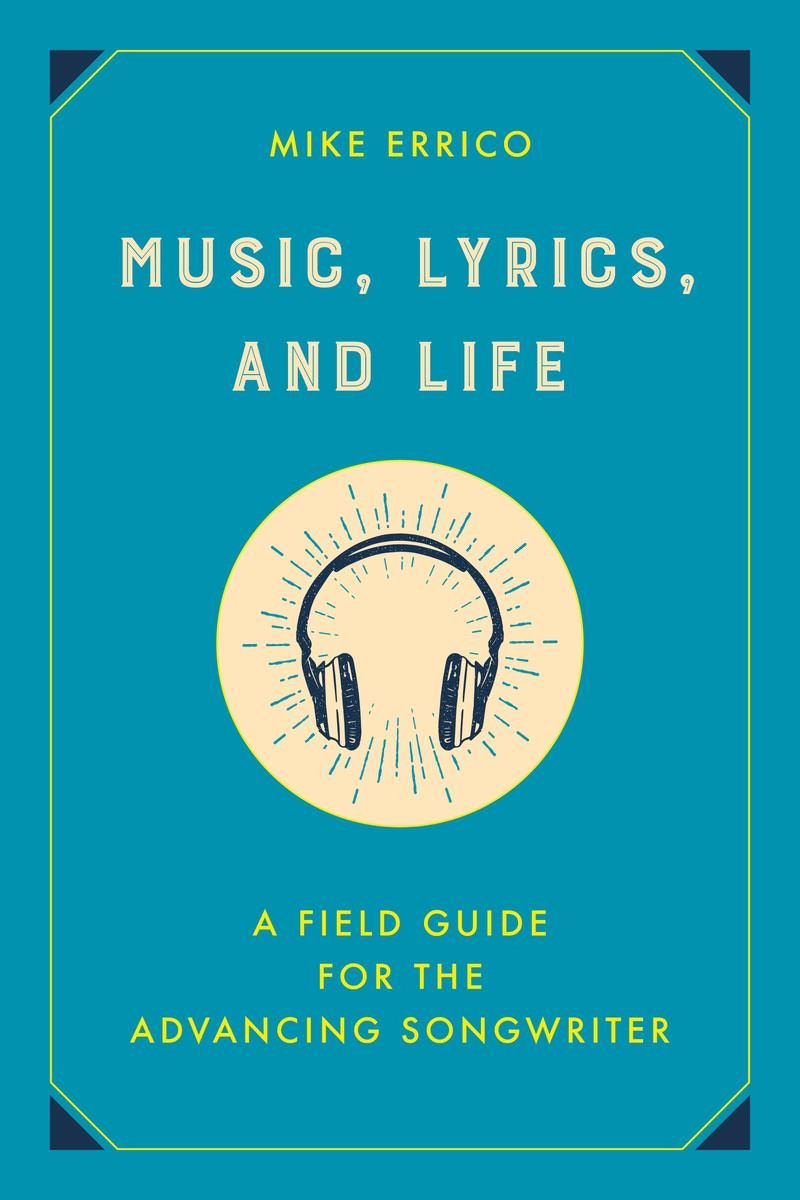Where do we go now?
Where do we go now?
—Guns ‘n’ Roses, “Sweet Child O’ Mine”
In Guns n Roses’ “Sweet Child O’ Mine” there’s an amorphous bridge section where Axl Rose starts singing, “Where do we go now/where do we go now,” and I may be projecting, but in that moment I feel transported into the rehearsal studio and the writing session, with Axl making circular motions with his hands, like, “just keep playing, keep rolling,” and the band literally not knowing where to take it. But instead of figuring out where to go, they keep the wandering section in, so the search—and the caterwauling about the search—is part of the finished product, which always felt like the entire creative process frozen in musical amber. Any time I listen to that section, I wonder if they’re going to pull it off.
David Bowie has referred to that place as being “just out of your depth.” Thoreau advised taking a different route on a daily walk with the hope of finding yourself lost. So many writers advise writing a story without having a plan, because the writer will be tempted to make little dishonest moves along the way in order to arrive at the predetermined conclusion.
The magic is in not knowing where to go, and then not knowing how you got there. From what I’ve experienced of life, that is the entire human condition.
“How did I get here?” — Talking Heads
I don’t know if AI approaches questions in that most-human way. Does it get scared that it won’t pull something off? Are its answers baked with the thrill of invention? The tech answer is always, “not yet…but maybe soon!” I hate that answer. Honestly, all I want AI to do is hallucinate. I prompt it to talk to me like a schizophrenic with Turret’s and a God complex. The interaction is more human.
I mean, I realize we all want answers, but answers can be so deadening. What if we got the meaning of life? Like the real one. Wouldn’t it suck, just a little?
There’s an ancient SNL skit where Jesus comes to dinner, and as an aside, someone asks, “So…since you’re here, I’m wondering: What is the true religion?” Jesus smiles and says, “Lutheranism.” I used to think that was the funniest joke I’d ever heard.
Socrates thought true wisdom was knowing how much you don’t know. Picasso and Charlie Parker sought to forget everything they knew in order to get to anything real. Rebecca Solnit wrote a whole book on the value of that transformative space when you’ve lost what you know, and don’t know what you’re about to find out. As an example, she wrote about the early Western explorers who thought they might be sailing off the edge of the world.
All heroes are lost. But that’s the gig. The heroes who aren’t truly lost are the ones who were written with the resolution in mind. They’re flat and unheroic…unless they play it for laughs: Adam West’s Batman, Peter Sellers’ Clouseau, Jim Carrey’s Ace Ventura, Jack Black’s Steve. They’re hilarious because no matter what’s thrown at them, they have the absurdly perfect response, the implausible tool tucked in their comically appointed utility belt, the magical crafting table and all the ingredients. Part of the humor is in the fantasy of being ready for anything. Wouldn’t that be great?




Cheryl Strayed has a great scene in Wild, where she buys out a camping store for a solo trek along the Pacific Crest Trail and then realizes she can hardly carry any of it. Bill Bryson has a similar moment before hitting the Appalachian Trail in A Walk in the Woods. It must happen a lot at camping stores: Everybody knows something is going to go wrong, but nobody knows what it will be.
And yet, in the end, everybody knows how to camp: You just go into the woods.
Music, Lyrics, and Life, available in print and audiobook.
Signed copies are available at 25% off on Bandcamp with the promo code: substack2025
Or you could just buy me a coffee.






